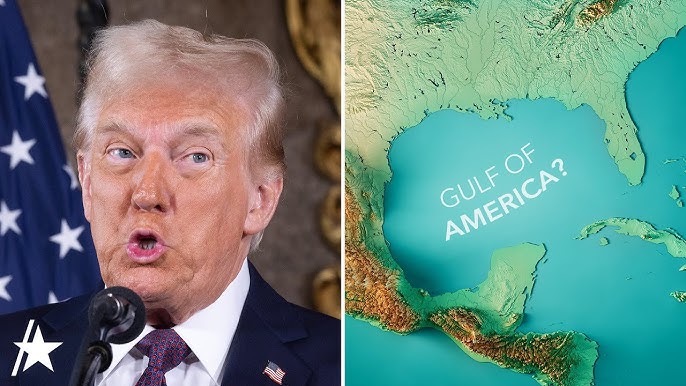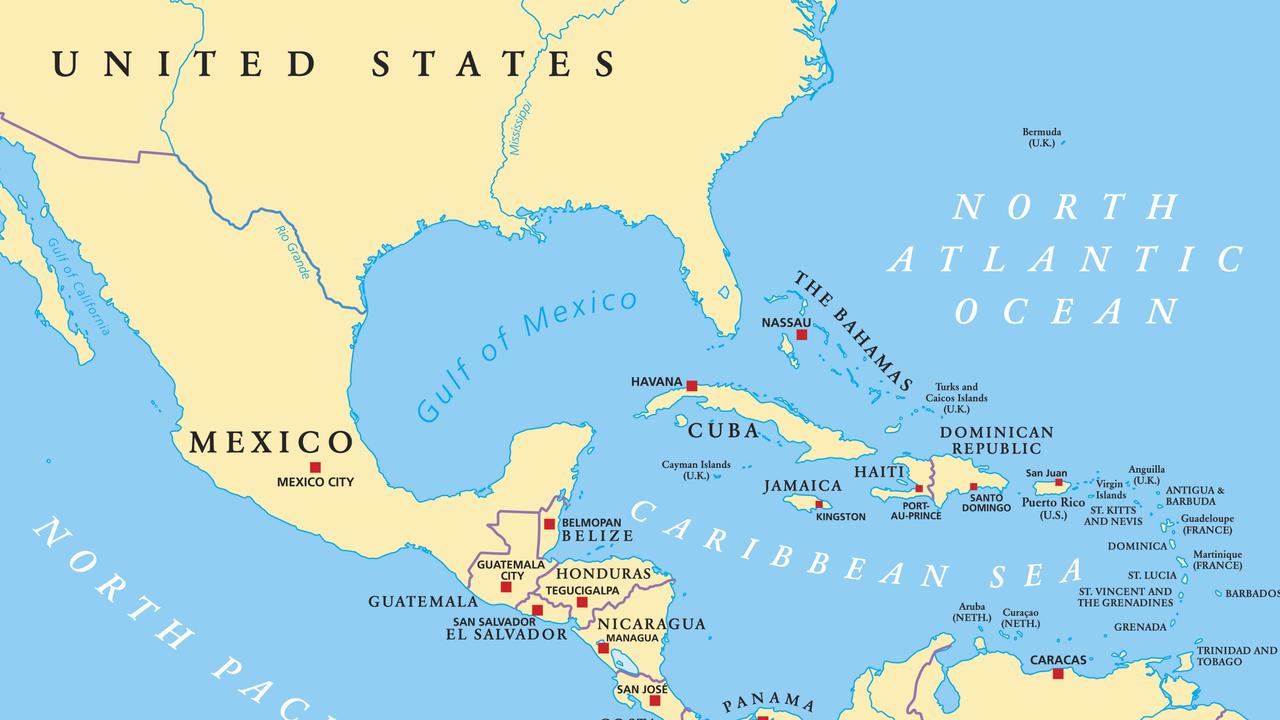Exploring the Gulf of America: Uncovering New Environmental, Economic, and Cultural Shifts in 2025
Exploring the Gulf of America: Uncovering New Environmental, Economic, and Cultural Shifts in 2025
Image Source: i.ytimg.com
The Gulf of America, often referred to interchangeably with the Gulf of Mexico, has long been a focal point of global attention due to its significance in both environmental and economic spheres. As we step into 2025, new developments are shaping the future of this vital body of water, from environmental conservation efforts to political debates and shifting cultural narratives. One of the most intriguing aspects is the ongoing discussions about Trump's Gulf of Mexico and whether the former president’s influence could lead to changes in how we view and name the gulf.
The Gulf of America and Environmental Challenges
The Gulf of America plays a crucial role in the ecological balance of the region, hosting diverse marine life and serving as a critical point for biodiversity. However, the gulf faces numerous environmental challenges, including the aftermath of oil spills, overfishing, and pollution. With recent climate change reports showing the increasing impact on marine ecosystems, many are asking how we can better protect this vital region. Leading environmentalists have been vocal about the necessity of action, with some even pointing to the Gulf of Mexico Trump administration's environmental policies and their long-term effects on the region's health.
Economic Shifts in the Gulf of America
🎉 Guess what? We have an exciting surprise just for you! 🚀
Economically, the Gulf of Mexico has long been a hub for the oil and gas industry, contributing significantly to the global energy market. However, in 2025, new economic trends are emerging that could redefine the region’s future. The rise of renewable energy, particularly wind and solar power, is seeing increasing investment in the Gulf of America. As this transition progresses, many are asking, who owns the Gulf of Mexico when it comes to offshore energy rights, and how will political figures like Trump Gulf of America influence these changes?Image Source: encrypted-tbn0.gstatic.com
Political Controversy: Can Trump Rename the Gulf of Mexico?One of the most controversial and thought-provoking questions currently making headlines is can Trump rename the Gulf of Mexico? This debate has gained traction following Trump's Gulf of Mexico remarks and various media outlets, including Foxnews.com, reporting on the former president’s alleged interest in rebranding the iconic body of water. While some see it as a politically motivated move, others wonder if the Gulf of America could be a reflection of Trump's broader political agenda. The idea of a Gulf of America name change has sparked passionate debates about national identity, politics, and the legacy of past administrations.
The Gulf's Role in American Culture
🏷️ Amazon's Hottest Deals - Don't Miss Out!⏳
Beyond politics and economics, the Gulf of America holds profound cultural significance. The gulf has long been a site of vibrant coastal communities, rich maritime traditions, and cultural exchange. As the region evolves, so too does its cultural identity. From music festivals in New Orleans to seafood traditions in Florida, the Gulf of Mexico remains a cultural treasure trove. However, shifting political narratives and environmental concerns are influencing the way coastal communities engage with their heritage. The question of who owns the Gulf of Mexico also raises concerns about how local cultures will be impacted by economic changes and potential political decisions.
The Future of the Gulf of America
Image Source: content.api.news
As we look ahead, the future of the Gulf of America is uncertain but filled with potential. The region will undoubtedly face growing pressures from climate change, political reforms, and evolving economic landscapes. However, the ongoing conversations surrounding Trump Gulf of Mexico and Trump Gulf of America are likely to continue shaping public opinion and policy decisions. One thing is certain: the Gulf of Mexico, whether renamed or not, will remain a cornerstone of America's environmental, economic, and cultural identity for years to come.
Comments
Post a Comment